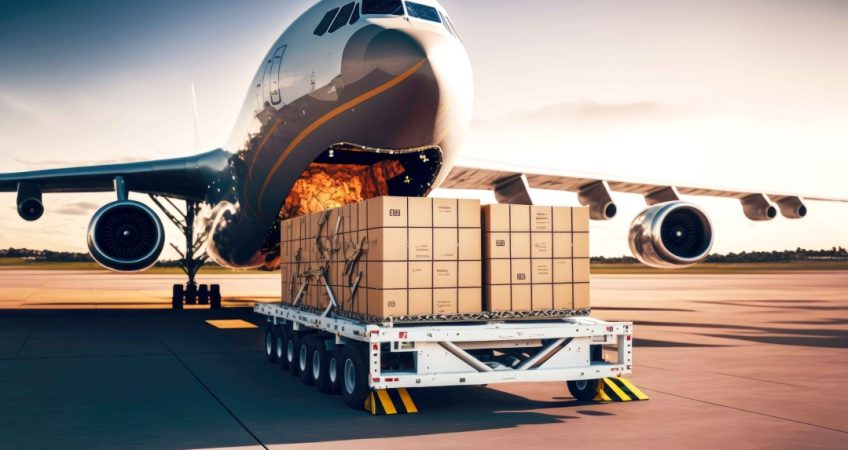
In today’s fast-paced global economy, businesses often require the quickest possible delivery of goods. This is where air freight stands out, offering unmatched speed and reliability for international shipments. Air freight is a vital part of logistics, enabling companies to meet urgent demands, keep supply chains agile, and transport high-value goods across continents in record time.
What is Air Freight?
Air freight, or air cargo, refers to the transportation of goods via aircraft. This mode of shipping is ideal for time-sensitive deliveries and goods with a high value-to-weight ratio, such as electronics, pharmaceuticals, and luxury products. Cargo is loaded onto dedicated freight planes or commercial aircraft, depending on volume and urgency, and transported to various global destinations.
Types of Air Freight Services
Air freight offers a range of shipping options to suit different logistics needs:
- Express or Same-Day Air Freight: For ultra-urgent deliveries, express air freight ensures shipments are delivered on the same day or within 24 hours.
- Standard Air Freight: Ideal for slightly less time-sensitive goods, this option balances cost and speed, typically delivering within 2-3 days.
- Deferred Air Freight: For businesses aiming to minimize costs, deferred air freight takes a bit longer (around 5-7 days) and is perfect for goods that don’t require immediate delivery.
Advantages of Air Freight
- Speed: Air freight is the fastest method of transportation, making it the ideal choice for companies needing quick deliveries.
- Reliability: Airlines tend to have strict schedules, minimizing delays and ensuring your goods arrive on time.
- Reduced Risk of Damage: Air transport is generally safer for fragile or valuable items, as handling is minimal and transit times are shorter.
- Global Reach: Air freight connects to almost every corner of the world, making it ideal for international shipping.
Air Freight Challenges
Despite its advantages, air freight comes with a few challenges:
- Higher Costs: Air freight can be costly, especially for bulky or heavy items. The price is influenced by weight, volume, and fuel prices, making it less cost-effective for large shipments.
- Environmental Impact: Air transportation has a higher carbon footprint compared to sea or land freight, making it a less eco-friendly option.
- Limitations on Cargo Type and Size: Due to space constraints and aircraft regulations, there are limitations on the size and type of goods that can be transported by air.
Selecting the Right Air Freight Partner
A reliable freight forwarder, like Trans global, can streamline the air freight process, handling everything from packaging to customs documentation. Experienced freight partners ensure that your shipment is managed efficiently and transparently, with tracking services that offer peace of mind. They can also advise on cost-effective solutions for your specific needs, helping you balance speed and budget effectively.
Conclusion
Air freight is an invaluable asset for businesses needing fast, reliable, and secure shipping solutions. Though it may come at a premium, the benefits of speed and efficiency make it a worthwhile investment for many companies. By choosing a knowledgeable and experienced freight forwarder, you can harness the full advantages of air freight, keeping your business agile and responsive to global demands.
